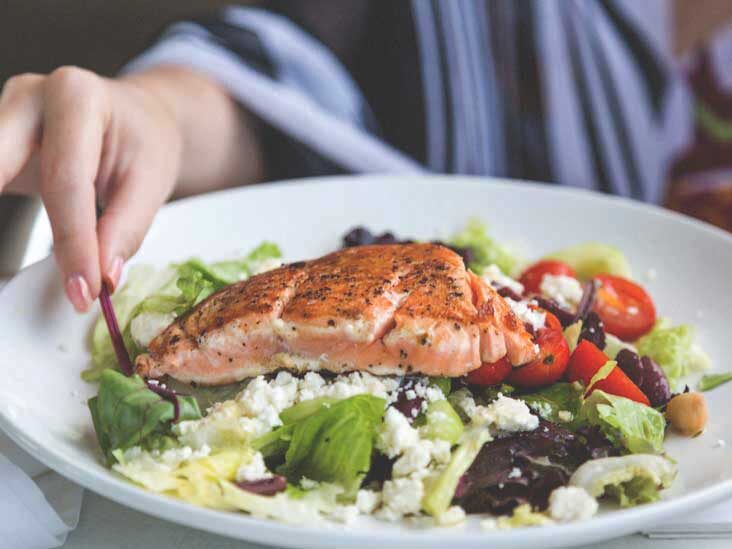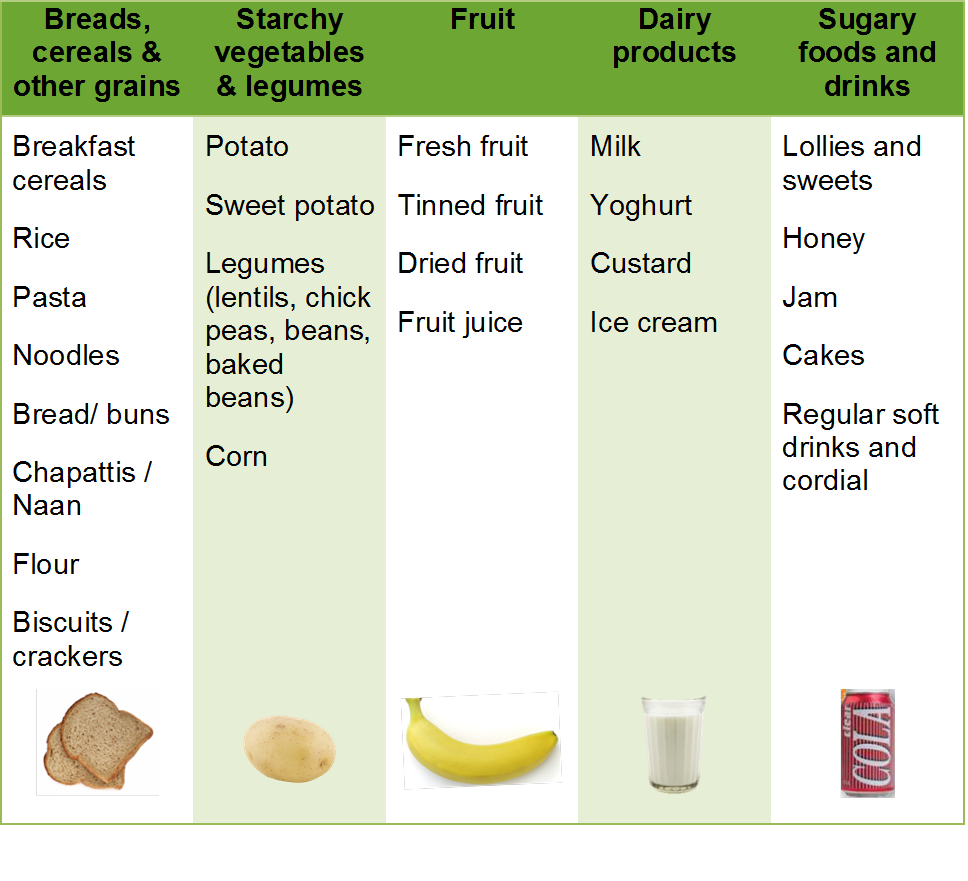
A recent study found that standing for at most six hours per week burns more calories than sitting. Standing also breaks up sedentary patterns and boosts lipoprotein lipase activity in the body. Standing helps lower blood pressure and triglycerides. So, does standing help you lose weight? Continue reading to find out more.
Walking burns more calories per hour than standing
Studies show that watching TV while standing burns more calories per hour than sitting. For the difference to be visible, researchers recommend more activity. They did not measure calories burned while working. For example, a person could watch TV while sitting and then stand up and work. Walking and standing is better than sitting down to lose weight. After sitting for hours, walking and standing can help loosen your muscles.
Research has shown that standing for 30 minutes burns 30 percent more calories than sitting for the exact same time. This can reduce the risk of weight gain. In addition, standing can improve posture and blood sugar levels. Standing is also more efficient and convenient than sitting. You should consider walking if you are busy. Standing or walking can help you burn more calories. Both are efficient, but you should choose which one best suits your lifestyle.

Standing enhances your body’s lipoprotein lipase activity
Studies have shown that standing can increase the activity of lipoprotein lipase which is responsible for breaking down fat in blood. Inactivity can reduce lipoprotein Lipase and increase the risk for developing heart disease. Sitting for extended periods of time decreases lipoproteinlipase activity in the brain by 90%. It also decreases blood sugar levels.
Regular exercise and movement activates the enzymes that help to break down fats and other sugars. Standing at a desk has been shown to increase lipoprotein lipase activity. This helps you lose more weight and burns fat. Sitting for prolonged periods of time can cause the body to not release enough lipoprotein lipse. This can increase the risk of developing metabolic syndrome and widening the waist.
Standing is a good way to break up sedentary lifestyles
According to Dr. Lopez-Jimenez, a cardiology fellow at Mayo Clinic, standing breaks up sedentary habits and helps you lose weight. Standing has 0.15 more calories per hour than sitting. This is almost fifty percent more calories than if you were sitting all day. Not only that, but it also improves bone health, and burns more calories than sitting.
Experts advise that people prone to sedentary habits take frequent breaks to increase their physical activity levels and reduce their waistline. You can use a computer program, or a watch that beeps to remind you to get up and move more often. A standing desk converter is a great option if you're unable to stand or sit up.

Standing lowers blood sugar, blood tension, and triglycerides
There are many benefits of standing. It can reduce blood pressure and glucose levels and lower triglycerides, the main components of body fat. Studies show that standing up for a half-hour per day can reduce your BMI by 11 percent and decrease your waist circumference by 7.5 cm (3 in). Additionally, the average blood sugar and triglyceride levels were significantly lower for people who stood up for at least two hours per day. The results of this research are promising, and it may help you lose weight while staying active.
Standing at work not only helps you lose weight, but also offers other benefits. Researchers from the University of Leicester found that standing for a few moments each day can help lower blood sugar, blood tension, and triglycerides. Sitting puts more strain on the body's ability to absorb sugars and produce insulin. This increases your risk for developing heart disease. Standing improves blood flow. This makes fat burning easier and makes you feel better.
FAQ
Does intermittent fasting affect my sleep?
Yes, intermittent fasting does affect your sleep. Your hunger hormones can rise if you skip meals. As a result, you may find yourself waking up at night.
This is why most experts recommend skipping breakfast. Instead, experts recommend eating light snacks before bed.
If you still feel hungry after eating this snack, you may want to eat a small breakfast before going to bed.
But remember not to overeat. You will end up gaining weight rather than losing it.
What foods can I eat to lose weight quicker?
You can lose weight more quickly by eating fewer calories. Two ways to achieve this are:
-
Reduce the amount of calories that you consume each day.
-
Through physical activity, you can increase the amount of calories that you burn.
It is not easy to reduce the calories you consume. After all, we're bombarded with calorie-laden fast food options everywhere we turn. Here's a list to help you shed those extra kilos.
-
Beans are rich in fiber and protein. They contain almost no fat, making them an ideal choice for dieters who want to reduce their caloric intake.
-
Oatmeal is low on calories but high in nutrients, such as magnesium or potassium. Plus, it contains less sugar than other cereals.
-
Eggs are rich in protein and cholesterol. Eaten eggs one or two times a week can help boost metabolism and allow you to burn more calories.
-
Whole grain bread is known to decrease hunger pangs and make you feel fuller for longer periods of time.
-
Dark chocolate is high in antioxidants, flavonoids and other substances that have been linked with lower blood pressure and better heart health.
-
Cottage cheese is rich with calcium, which helps build strong bones. It is also rich in vitamin D, which increases immunity.
-
Salmon is packed with omega-3 fatty acids, which promote brain development and improve cardiovascular function.
-
Green tea is rich in catechins, compounds which fight cancer and increase metabolism.
-
Broccoli has a lot of folic, which can lower homocysteine in the blood. Homocysteine levels that are high have been linked to increased risks of heart disease and stroke.
-
Yogurt can be a great way for you to get probiotics without having to eat a lot of sugar. Probiotics are important for your digestive health.
-
Berries are a tasty snack that is also nutritious. All of these are excellent sources for vitamins and minerals, including blueberries, strawberries and blackberries as well as raspberries and cranberries.
-
Avocados are packed with healthy fats. A half avocado has 80 calories but plenty of filling fiber.
-
Nuts make a delicious snack and are also a good source of protein. There are many great options for nuts, including cashews and hazelnuts as well as walnuts, pecans, hazelnuts and hazelnuts.
-
Sweet potatoes are another starchy root vegetable rich in beta carotene. It makes your skin shine. Orange sweet potatoes have a higher amount of beta carotene that regular sweet potatoes.
How long does a weight loss process take?
Weight loss takes time. It takes about six months to lose 10% of your weight.
You shouldn't expect weight loss overnight. Your body will take time to adjust to changes in diet.
This means that your diet should be gradually changed over many days or weeks.
Fad diets should be stopped as they are often not effective. Instead, change your daily routine.
For example, if you normally eat unhealthy snacks late at night, then you should cut down on this habit.
Instead, you should eat healthier meals earlier in the evening. This will ensure that you don't snack late at night.
You should also drink plenty of water during the day. Water helps to keep your body hydrated and prevents dehydration. Dehydration can make you feel tired and weak.
A lot of water throughout the day is a great way to stay energized.
You can reduce stress by relaxing. You could spend quality time with your loved ones.
You could also choose to read books, see movies, or listen music.
These activities will help you unwind from stressful situations. In addition, they will improve your mood and boost your self-esteem.
You should consider your health when trying to lose weight.
Your physical fitness is an indicator of overall health. So, if you want to get fit, you should start with proper nutrition and regular exercise.
Do cardio exercises work fast to help me lose weight?
Cardio exercises are great for burning calories and helping you lose weight. It depends on how much fat you have stored and what kind of exercise you do.
Cardio exercises might not be enough to lose excess weight if your body is overweight.
You need to combine them with dieting and other types of exercise.
Cardio exercises, such as running or jogging, can help you lose weight quickly. These exercises burn more calories than any other form of exercise.
However, resistance training is required if you wish to build muscles and not lose weight. Resistance training requires the use of free weights and machines as well as elastic bands.
You can lose weight quickly by combining cardio and resistance training.
A combination of cardio and resistance training will help you lose weight quickly.
How often do people fast?
A majority of ketogenic dieters fast one week. However, there are some who fast twice per week. And others fast three times per week.
The length of each fast varies too. Some people fast 24 hours, while others fast 48 hours.
Some people will even travel more than 72 hours. But, such extreme cases are rare.
Statistics
- According to Harvard Health, it's estimated that a 155-pound (70-kg) person burns around 167 calories per 30 minutes of walking at a moderate pace of 4 mph (6.4 km/h) (5). (healthline.com)
- A 12-week study in 20 women with obesity found that walking for 50–70 minutes 3 times per week reduced body fat and waist circumference by an average of 1.5% and 1.1 inches (2.8 cm), respectively (healthline.com)
- According to a study sponsored by the American Council on Exercise, a person weighing around 140 pounds (64 kg) would burn 108 calories at a 30-minute beginner's Pilates class or 168 calories at an advanced class of the same duration (26). (healthline.com)
- One 6-month study showed that simply doing 11 minutes of strength-based exercises 3 times per week resulted in a 7.4% increase in metabolic rate, on average. (healthline.com)
External Links
How To
How to Intermittent Fasting
Intermittent Fasting is a method of dieting where you only eat one meal per week, typically Monday through Friday. This allows you to reduce your calorie intake and still get adequate nutrition. It is believed that this will help you burn fat quicker than if the meals are regular for the whole week.
The most common type of IF is to restrict calories on specific days of the week. This would mean that you skip breakfast each morning, and then eat whatever food you like throughout the day. You could also choose three small meals instead of two large meals per day.
Many forms of intermittent fasting are available, such as alternate day fasting (5/2 fasts), 8/4 fasts and 16/8 fasts. Each type of intermittent fasting has its pros and cons. Alternate day fasting, which doesn't require you to change your lifestyle, is the best way to get started. But, there are some people who find it hard to follow such a strict schedule. These people might prefer to try different methods.
Alternate-day fasting is a good option if you are looking to begin an intermittent fasting program. This will allow to slowly transition to more extreme fasting regimens without drastically changing your lifestyle.